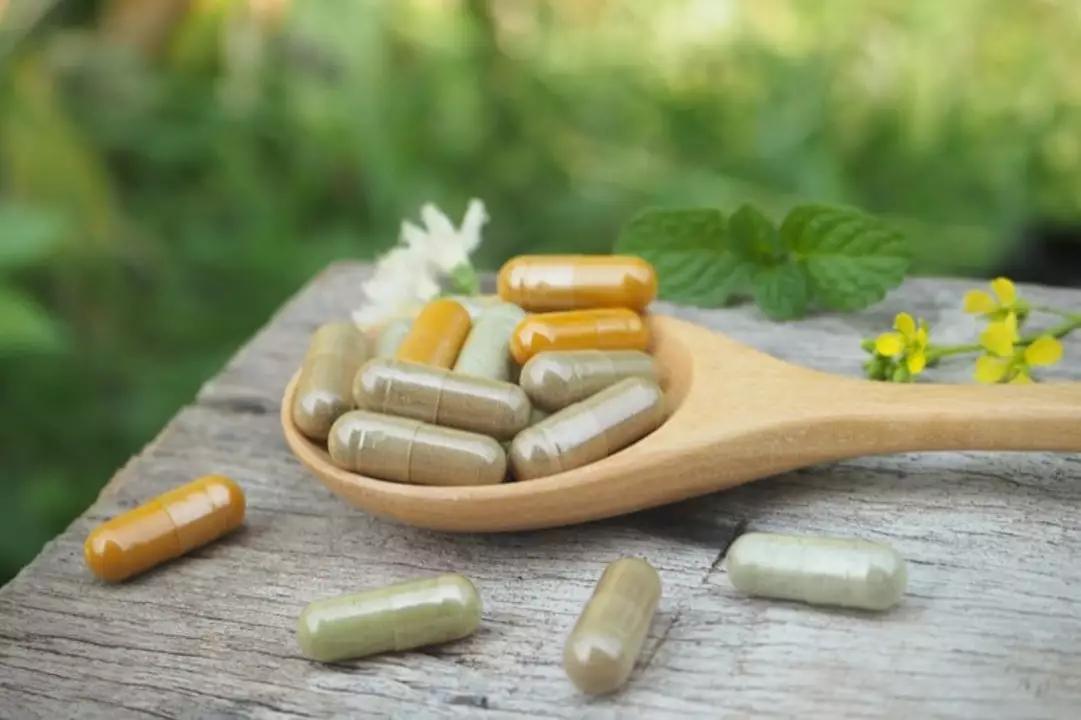Mormon Tea: What It Is and How to Use It Safely
Mormon tea is a common name for several desert plants, most often species of Ephedra. People have brewed it for generations as a mild stimulant and for simple warmth on cold nights. If you found a bag at a market or a patch on a hike, this guide tells you what to expect, how to brew it, and the safety points to watch for.
What exactly is Mormon tea?
Multiple plants are called Mormon tea, but in the western US the name usually points to Ephedra species like Ephedra viridis or Ephedra nevadensis. These plants are low, jointed shrubs with thin green stems and tiny leaves. Traditional use includes steeping the stems for a hot drink. Unlike Ephedra sinica (ma huang), which has stronger stimulant alkaloids and is often regulated, local Ephedra species typically have much lower levels. Still, they can have active compounds, so treat them like a functional herb, not just plain tea.
How to brew and use it
Basic brewing is simple: rinse a small handful of clean stems (about 1 to 2 teaspoons of dried stem pieces) and steep in 8 ounces of hot water for 5 to 10 minutes. Taste it first; some people find it slightly bitter or resinous. Start with a small cup and wait an hour to see how you feel before having more. A mild cup in the evening might keep you alert, so avoid it right before bed if you’re sensitive to stimulants.
Want a calmer taste? Add a slice of lemon, a bit of honey, or blend with chamomile. For a stronger infusion, simmer stems in water for 5 minutes, then strain. Don’t overdo it—more concentrated tea increases the chance of unwanted effects.
Where to get it: buy from reputable herb shops that list the Latin name, or harvest only if you can confidently ID the plant. Never use plants from roadsides or chemically treated land. Dried stems store well in a cool, dry place for many months.
Safety tips: if you have high blood pressure, heart disease, anxiety disorders, or take stimulant or blood pressure medications, check with a healthcare provider before trying Mormon tea. Pregnant or breastfeeding people and children should avoid it. Watch for jitteriness, rapid heartbeat, dizziness, or headaches—those are signs to stop and seek advice. Also avoid mixing it with other stimulants like caffeine or certain weight-loss supplements.
Practical rule: treat Mormon tea as an active herbal drink. Use small amounts first, buy from trusted sources, and ask a health professional if you have any chronic conditions or take medications. That way you can enjoy its traditional flavor without surprises.
I recently discovered Mormon Tea, a life-changing dietary supplement that has truly impressed me. This natural remedy has been used for centuries by Native Americans and early Mormon settlers. Not only does it boost energy levels, but it also aids in digestion and helps soothe allergies. I've personally experienced its benefits and can't wait to share it with you all! Give Mormon Tea a try, and let it work its magic on your health and well-being.
View Details

